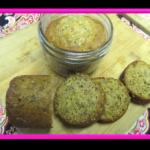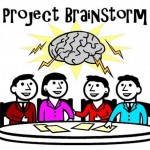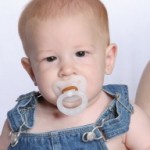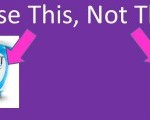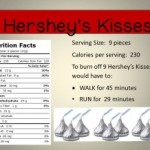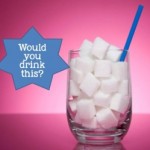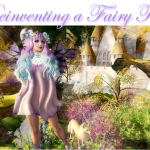
Using an existing fairy tale, students will reinvent it, adapting it to a modern day lifestyle. Characters from another tale can be stolen and brought into their updated tale. The student will be able to conclude how thinking “outside the box” and using imagination can lend itself to the creation of a more appealing story for a child.

